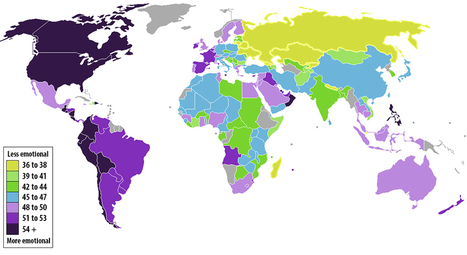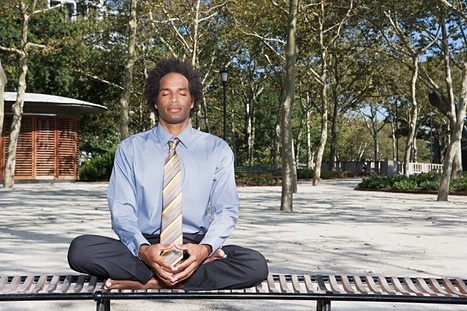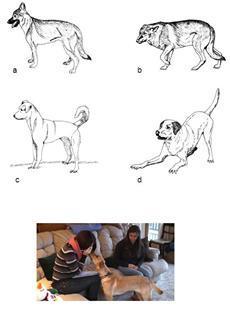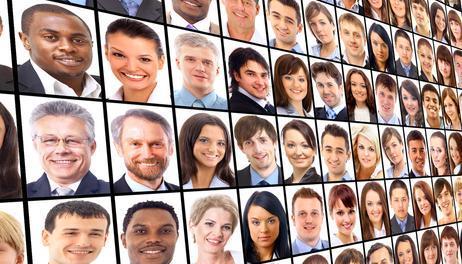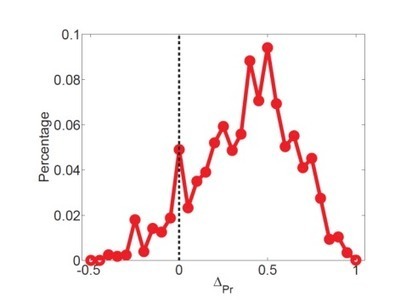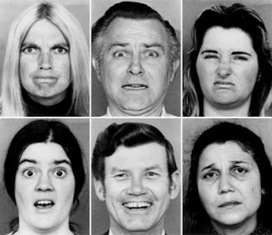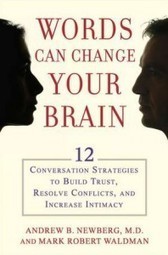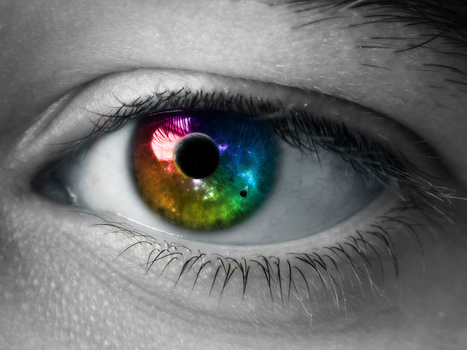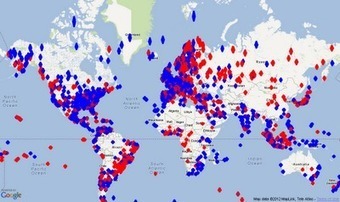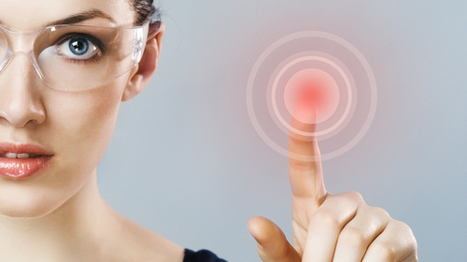Research and publish the best content.
Get Started for FREE
Sign up with Facebook Sign up with X
I don't have a Facebook or a X account
Already have an account: Login

 Your new post is loading... Your new post is loading...
 Your new post is loading... Your new post is loading...
Brady Wyman's curator insight,
March 25, 2013 11:49 AM
Shows how meditation can increase emotional stability to allow better coping with stress. |
|



